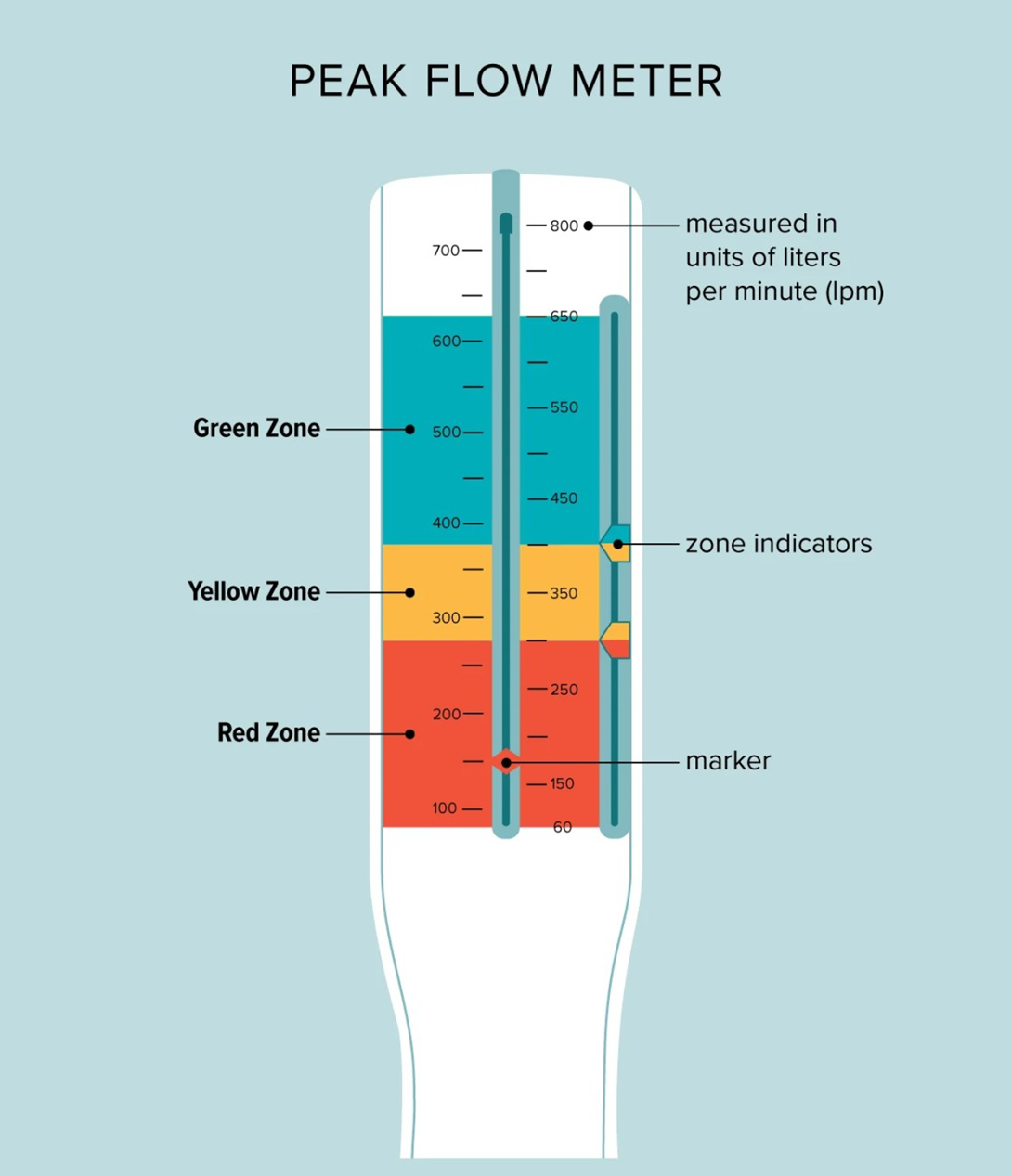A nurse in a provider’s office receives a telephone call from a client’s sibling requesting current information about the client’s condition. Which of the following actions should the nurse take?
Request that the caller contact the client’s provider directly for information.
Ask the caller to contact the client directly for information.
Gather additional information from the caller to verify their identity.
Provide the caller with a brief update about the client’s condition.
The Correct Answer is C
Choice A reason: Requesting that the caller contact the client’s provider directly for information is not the best action. The nurse should first determine if the caller has the client’s consent to receive information and if the caller is authorized to do so.
Choice B reason: Asking the caller to contact the client directly for information is not appropriate. The client may not be able to communicate or may not want to share information with the caller. The nurse should respect the client’s privacy and confidentiality.
Choice C reason: Gathering additional information from the caller to verify their identity is the most appropriate action. The nurse should ask the caller for their name, relationship to the client, and other details that can confirm their identity. The nurse should also check the client’s record for any written or verbal consent to disclose information to the caller.
Choice D reason: Providing the caller with a brief update about the client’s condition is not advisable. The nurse should not share any information without verifying the caller’s identity and the client’s consent. The nurse should also follow the provider’s office policy and the Health Insurance Portability and Accountability Act (HIPAA) guidelines for disclosing information.
Nursing Test Bank
Naxlex Comprehensive Predictor Exams
Related Questions
Correct Answer is D
Explanation
Choice A reason: Showing the client a video demonstration of peak flow meter use is a helpful teaching strategy, but it is not the first action that the nurse should take. The nurse should first assess the client's baseline knowledge and readiness to learn before providing any information or instruction.
Choice B reason: Observing the client using the peak flow meter is a way to evaluate the client's learning and skill, but it is not the first action that the nurse should take. The nurse should first determine the client's knowledge of the use of the peak flow meter and then teach the client how to use it correctly.

Choice C reason: Emphasizing the importance of the daily use of the peak flow meter is a way to motivate the client to adhere to the treatment plan, but it is not the first action that the nurse should take. The nurse should first assess the client's knowledge of the use of the peak flow meter and then explain the benefits and rationale of using it regularly.
Choice D reason: Determining the client's knowledge of the use of the peak flow meter is the first action that the nurse should take, as it follows the principle of the nursing process. The nurse should start with assessment, then proceed with planning, implementation, and evaluation. By assessing the client's knowledge, the nurse can identify the client's learning needs, gaps, and preferences, and tailor the teaching accordingly.
Correct Answer is D
Explanation
Choice A reason: This is incorrect because suggesting a feeding tube is premature and may alarm the son without knowing the cause of the client's poor appetite.
Choice B reason: This is incorrect because asking why the son thinks the client is not eating may imply that the son is responsible or has the answer, which may make him feel defensive or guilty.
Choice C reason: This is incorrect because dismissing the son's concern as nothing serious may make him feel unheard or invalidated, and may also delay seeking appropriate help for the client.
Choice D reason: This is correct because asking the son to tell more about what happens at mealtime is an open-ended question that shows interest and empathy, and may elicit more information about the client's condition and preferences.
Whether you are a student looking to ace your exams or a practicing nurse seeking to enhance your expertise , our nursing education contents will empower you with the confidence and competence to make a difference in the lives of patients and become a respected leader in the healthcare field.
Visit Naxlex, invest in your future and unlock endless possibilities with our unparalleled nursing education contents today
Report Wrong Answer on the Current Question
Do you disagree with the answer? If yes, what is your expected answer? Explain.
Kindly be descriptive with the issue you are facing.
